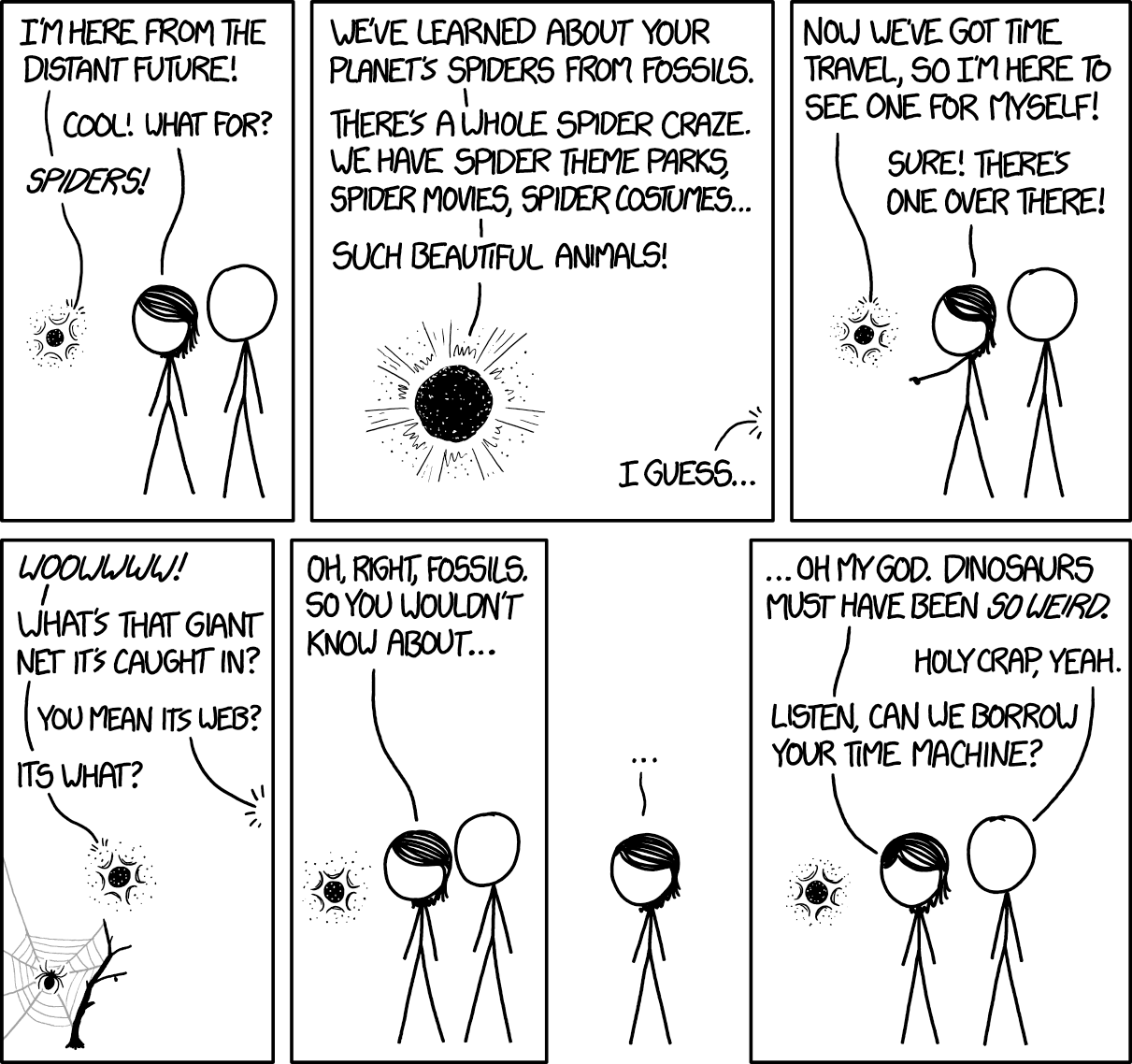We have a new paper -two years in the making – where we showed evidence for introgression from an African archaic hominin to the ancestors of modern humans. This is a relatively big and, I have to admit, a serendipitous finding, corroborating the emerging notion that an “interbreeding bonanza” has shaped our ancestors. I do not want to re-summarize our findings in detail because others have done it much better: our very own Charlotte Hsu’s nice press release, and Charles Choi’s summary in Live Science, and also as the Editor’s Choice in Science Magazine.

What I wanted to write about is to contrast the roles of serendipity and cherry-picking in science, especially biological science. The former concept refers to an occurrence of a happy chance event, while the latter is the scorned, but widely-used propaganda device to pick and choose whatever finding that is out there (out of thousands) to support your cause/belief while ignoring all other findings. I would argue here that in biological science, serendipity is key to major discoveries, but cherry-picking is anathema to science.
Let’s start with serendipity. And a great quote by Haldane – who else? – explains why this concept is key for biological sciences: “My own suspicion is that the Universe is not only queerer than we suppose, but queerer than we can suppose.” Therefore, we actually depend on serendipitous findings (a guided serendipity if you will) and a rigorous follow-up determining the underlying reasons for these findings to understand the amazing complexity of the biological systems.
In anthropological genomics, the outlier regions of the genomes are always interesting and may lead to such serendipitous findings. They may indicate an unnoticed, small demographic event, such as the introgression that we found evidence for, or may indicate natural selection shaping that region differently than other parts of the genome. So, exceptions can be interesting for scientists. Our paper is an example for that.
Unfortunately, the same exceptions in the genome can be fodder for cherry-pickers with nonscientific agendas. For example, ignoring overwhelming evidence, the racist narratives often cherry-pick one or two regions of the genome (out of hundreds of thousands) that show a difference between populations. The finding with regards to the introgression from archaic African hominins can be cherry-picked to support a wide variety of arguments that are untenable if you look at the entirety of the evidence. Within that context, I would like to warn you of two potential intentional misrepresentations of our data:
1. Archaic admixture in Africa, albeit a very interesting anthropological phenomenon, has a very small effect on the overall human genetic variation. In fact, the effect is so small that we can only see it looking at thousands of whole genomes. An overwhelming portion of the genetic variation of all contemporary human populations can be traced back to an ancestral population in Africa, which lived relatively recently (~100-200 thousand years ago). As such, our paper, by no means, contradict with the general out-of-Africa hypothesis. At the end of the day, all genetic evidence suggests that we are all Africans.
2. The divergent MUC7 branch that we stumbled upon in modern African genomes and later traced back to an archaic hominin cousin is a drop in a bucket when considering the diversity of African populations. It is a small portion of the genome and the divergent version is found in only about 5% of African chromosomes. If an individual carries a divergent version of the MUC7 gene, she may have slight differences in their salivary function, especially with regards to which bacteria fare better in their oral cavity, (but we really do not know). This finding has nothing to do with population differences but everything to do with a rich and complex history of our species.
